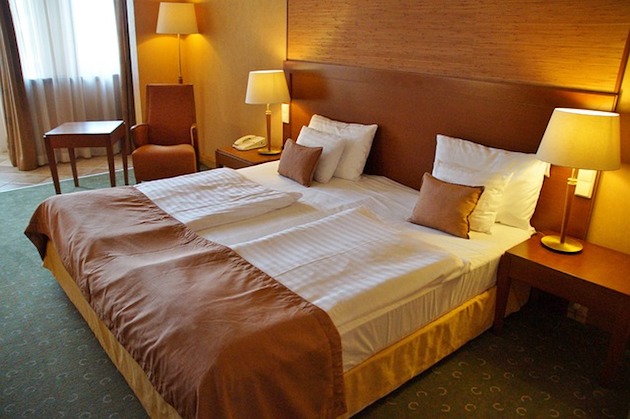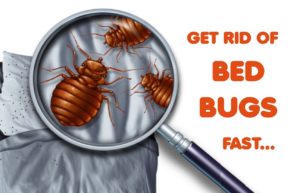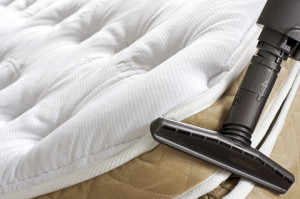Winter may be the perfect time to travel. The UK weather has become a bit tedious by the time February rolls around. But whether you’re having a half term break with the kids or are just escaping the cold for some sun, every location you visit will have one thing in common…insects!
Depending on where you visit, you will experience different types of pest problems. Bed bugs, mosquitoes and various types of gnat, midges and biting flies are all very common pests in warm locations.
Know How To Avoid Insect Bites and Why…
Most importantly, pests abroad are much more likely to carry diseases. Some of these diseases we don’t have in the UK. When it comes to travelling, there are a handful of top tips you can use. These will help you to prevent pests of any species no matter where you are on holiday.
Research
Ensure your holiday is kept pest free by doing your research. Before you jet off to seek some sun, do a bit of Googling to see which pests are most common in the country you are visiting. You should also research where you will be staying.

Hotels and hostels always have online reviews. Someone will have written about a recent bed bug or other pest infestation if there was one. So make sure to check out all of the reviews you can and see if there are any pest alerts.
Use insect repellent
One of the worst things about travelling anywhere is waking up covered in mosquito bites. They are itchy, painful and can really put a dampener on what would otherwise be a great time. Don’t worry though. All you need to do to prevent this is to pack a bottle of insect repellent. There are also some great organic options available if you have sensitive skin. Apply the repellent on a daily basis, always following the instructions on the packet to make sure you reapply when necessary.
Inspect your accommodation
When you arrive at your accommodation you should give your room a check for bed bugs. Around the bed frame, bedside cabinets and other furniture is where bed bugs tend to hide. They also like to lurk around skirting boards.

Look around bed bug hot spots within your room and make sure there are none lurking there. If you spot any signs of a bed bug infestation (stained sheets, small black dots on the covers, actual bug sightings etc.) then ask to be moved to a room at least two floors away immediately.
Keep clean
Keeping things clean is one of the best ways to avoid insect bites or prevent any kind of pest infestation. Travelling is no exception to this rule. Prevent pests like flies, ants, cockroaches and flies by keeping your hotel room, apartment or villa clean. This entails cleaning up food and drink spillages, throwing away uneaten food, making sure bins aren’t overflowing and are emptied regularly and wiping down counters and surfaces.
Talk to your doctor
Speaking to your doctor is important if you are travelling to a country that is in a subtropical area. Many of these areas are prone to insect-borne diseases, like Malaria and the Zika virus.

Because of this, your doctor should be able to give you the right treatments and injections you will need to stop some of the worst diseases from affecting you. He or she may even have some tips on how to avoid insect bites altogether.
Insect netting
A great item to make sure your hotel has or something you should pack is an insect net. If the area you are visiting is prone to mosquitoes, make sure to come readily equipped to avoid being bitten.
The aftermath
One of the hazards of holidaying abroad is what you might bring back with you. And we are not talking about the kind of souvenirs you want to give to friends and family back home! We are talking about bed bugs in particular. You may know how to avoid insect bites abroad, but it can be so easy to unknowingly carry them back with you in your suitcase. The result could be an infestation in your UK home.
Because this can happen to anyone, we are on hand here at Empire to reverse the situation promptly…before it escalates. We have a highly experience bed bug control team who can deal with the problem effectively.






